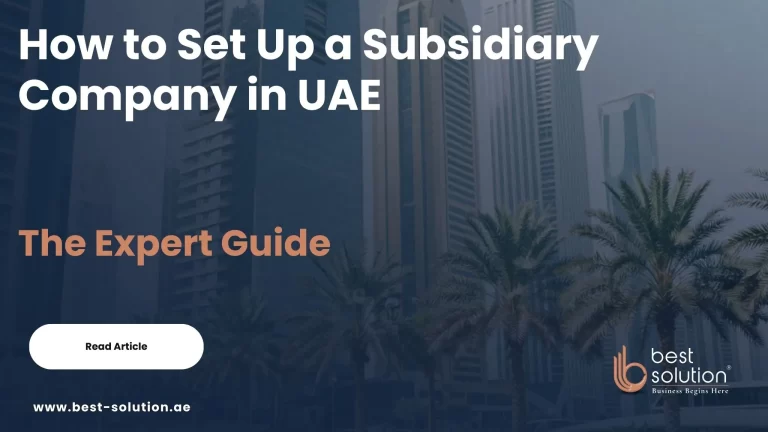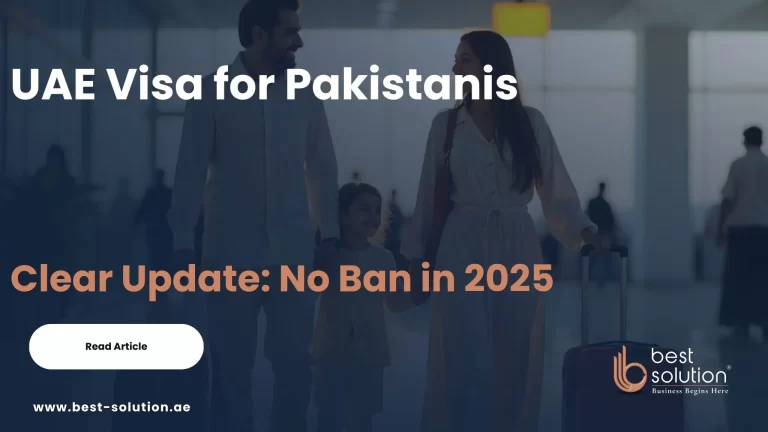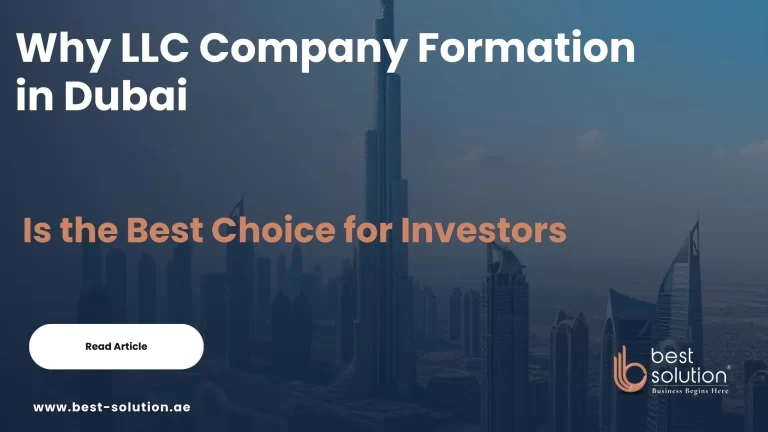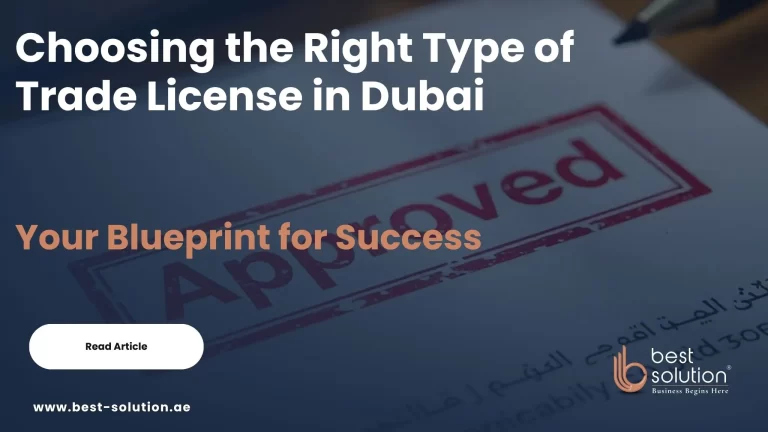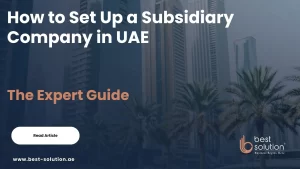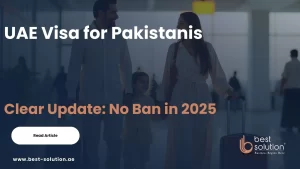Starting a new business involves crucial tax structuring decisions that can significantly impact future success. This article explores four critical considerations, including incorporation in free zones, structuring for treaty benefits, VAT registration, and choosing the right entity structure for global compliance. Drawing on insights from industry experts, these key points will help entrepreneurs make informed choices when establishing their business foundations.
Through this article, Best Solution Business Setup Consultancy provides expert insights and real-world case studies from leading CEOs and industry professionals, with the aim of guiding new entrepreneurs and growing businesses to better navigate the Dubai market and make confident, well-informed decisions.
- Incorporate in a Free Zone
- Design Structure for Treaty Benefits
- Register for VAT from Day One
- Choose Entity Structure for Global Compliance
Incorporate in a Free Zone
If I were advising a business incorporating in Dubai today, the one tax structuring choice I’d treat as non-negotiable is choosing to incorporate within a Free Zone, especially one that fully aligns with the UAE’s new corporate tax and VAT frameworks. The implications of incorporating in a Free Zone are huge and offer many tax advantages such as exemptions or lower rates, easier registration processes, and clearer audit paths. We’re seeing a rise in compliance obligations and scrutiny as a vital change due in part to Dubai’s shift to corporate tax and VAT. I strongly recommend securing a deal with the right Free Zone status at the start because you can avoid surprise expenses, reduce paperwork, and keep your business agile with the flexibility to reinvest savings into growing your business.
Design Structure for Treaty Benefits
The one non-negotiable tax structuring decision in Dubai today is ensuring that the company’s incorporation jurisdiction and entity type qualify for treaty benefits and legitimate tax efficiencies from day one. Many investors rush to register under the Free Zone model without considering whether their activities will trigger onshore VAT or corporate tax exposure. At Elsabbah Law Firm, we advise clients to design their structure around substance and cross-border alignment, not just incentives. A well-planned incorporation avoids costly restructuring later and positions the business to benefit from double taxation treaties while staying fully compliant with the UAE’s evolving tax regime.

Law firm Founder & Managing partner, Elsabbah Law firm
Register for VAT from Day One
I would never skip registering for VAT from day one, even if the business projects limited revenue initially. In Dubai, the threshold often tempts founders to delay, but that decision creates messy retroactive filings and weakens credibility with partners who expect compliant invoices. Early VAT registration meant I could structure contracts cleanly, recover input tax on startup costs, and avoid scrambling later under FTA audits. It also signaled to clients—especially multinationals—that we were set up for proper governance. Corporate tax planning is important, but VAT is transactional, visible on every invoice, and can erode trust quickly if mishandled.

Co-Founder & CEO, AIScreen
Choose Entity Structure for Global Compliance
As a U.S. tax attorney, I’ve seen too many businesses collapse under the weight of tax mistakes made on day one. With Dubai’s corporate tax and VAT now at the center of its incorporation landscape, the single non-negotiable step is choosing an entity structure that aligns with cross-border reporting rules.
Entrepreneurs often obsess over local compliance, but what drains them later is how their Dubai entity interacts with international tax treaties, disclosure obligations, and profit repatriation.
In the U.S., I’ve worked with clients who saved six figures simply because they picked a structure that allowed them to legally shift the timing of deductions and credits. Without that foresight, those same clients would have been flagged for double taxation exposure.
The UAE is positioning itself as a global hub, but global hubs attract global scrutiny. Just look at how the IRS aggressively audits foreign-connected businesses. Last year alone, nearly 30 percent of offshore audits uncovered recordkeeping flaws tied to entity choices.
In our practice, we stress “audit defensibility” as the lens for all structuring decisions. My tip for founders in Dubai: don’t just ask what lowers your VAT bill this quarter, ask what entity classification will withstand five years of international reporting and revenue authority scrutiny. That decision, made at incorporation, is often the dividing line between scalable growth and a tax mess that no relief program can fully unwind.

Partner, Tax Law Advocates




